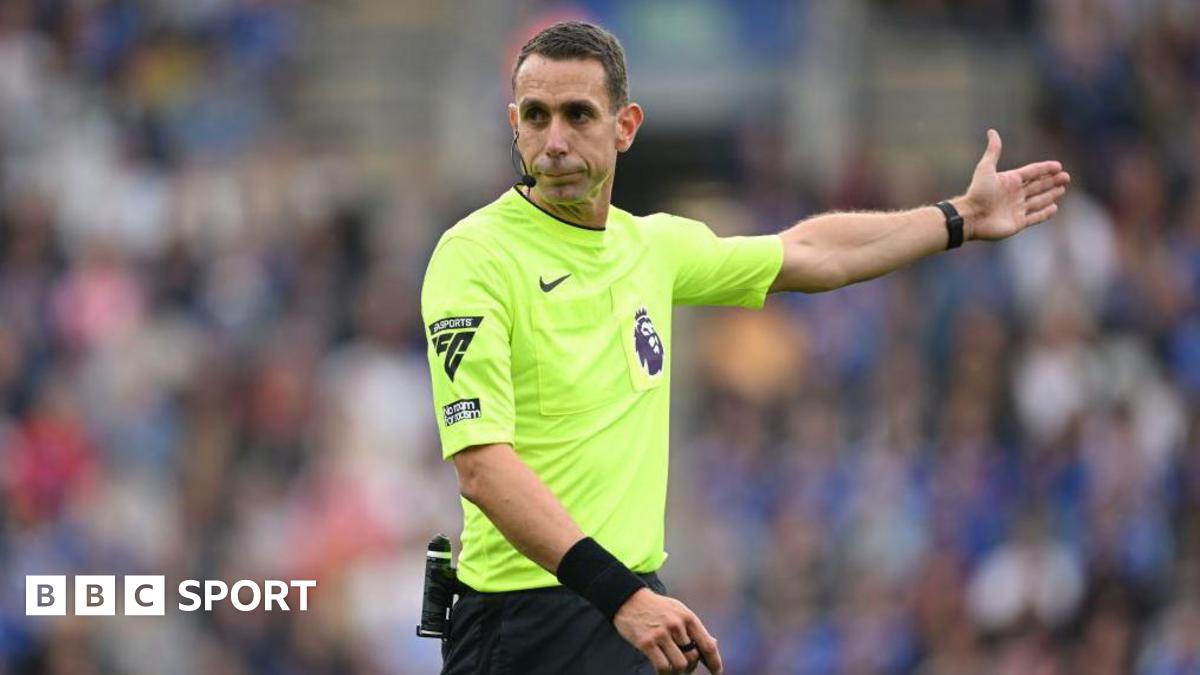For years, coding has been championed as the must-have skill for kids. From tech companies to school boards, there’s been a strong push to introduce programming early, often at the expense of other subjects. The logic seems sound: we live in a digital world, so teaching kids to write code should prepare them to succeed in it. But recent research from institutions like MIT and the University of Zürich suggests this thinking might be off base.
Coding, while useful in certain careers, doesn’t appear to deliver the broad cognitive benefits many assume it does. Meanwhile, music—often treated as an extracurricular or “nice to have”—is showing real and lasting effects on brain development, academic performance, and critical thinking skills. Studies using brain imaging and longitudinal data now show that musical training helps strengthen connections in areas of the brain responsible for memory, attention, language, and executive function.

Music Builds the Brain—Literally
For years, coding has been pushed as a must-have skill for kids. The pitch is familiar: teaching children to code will sharpen their logic, boost their math and language skills, and give them an edge in a tech-heavy future. But a closer look at the science challenges this idea. A 2020 study from MIT found that understanding computer code doesn’t actually improve a child’s math, logic, or language skills in a meaningful way. Coding, the researchers concluded, “seems to be its own thing.” It doesn’t share enough common ground with other core skills to create spillover benefits in school or life.
In contrast, learning music does seem to have a meaningful, lasting impact on brain development. A 2021 study from the University of Zürich, published in The Journal of Neuroscience, used brain scans to compare musicians and non-musicians. The results showed that children who played an instrument had brains that were more structurally and functionally connected. This was especially true in areas responsible for speech, auditory processing, memory, and executive function—the kinds of cognitive abilities that support academic performance and problem-solving in daily life.
These effects weren’t limited to children who continued playing into adulthood. The benefits were still visible even in those who stopped playing later on. The key factor was how early they started. “The earlier the musicians had started with musical practice, the stronger these connectivities,” said Professor Simon Leipold, a co-author of the study. This suggests that music training in childhood can shape brain development in ways that stick, regardless of long-term musical involvement.
Unlike basic coding lessons—which often don’t resemble real-world programming or offer practical benefits beyond the classroom—learning an instrument seems to build foundational skills that carry over into multiple areas of life. Music doesn’t just teach kids how to play notes. It strengthens how they process language, remember information, focus their attention, and make decisions—all of which contribute to long-term academic and personal growth.
Coding Isn’t the Universal Skill It’s Been Sold As
The push to teach coding in schools has been driven by the belief that it’s a universally valuable skill—essential for navigating a digital future. Tech companies, educators, and policymakers have positioned programming as the new literacy, claiming it fosters computational thinking and prepares children for careers in STEM. But this enthusiasm often overlooks a key issue: the kind of coding taught in most schools is far removed from what’s actually used in professional environments. Drag-and-drop interfaces and basic scripting exercises don’t reflect how software is developed in the real world, nor do they teach the deeper problem-solving skills required in actual tech jobs.
More importantly, the assumption that coding enhances broader academic performance hasn’t held up under scientific scrutiny. The 2020 MIT study clearly showed that the mental processes involved in understanding code don’t significantly overlap with those used in math, logic, or language. In practice, this means teaching kids to code won’t necessarily make them better at solving math problems or understanding grammar. While it’s a useful technical skill in specific contexts, it doesn’t function as a gateway to broader cognitive development the way it’s often advertised.
There’s also the question of relevance. In today’s point-and-click digital landscape, most people—including those in business and even in some tech-adjacent roles—rarely use coding in their day-to-day work. Skills like critical thinking, communication, collaboration, and adaptability are far more transferable across industries. Coding, in contrast, tends to be siloed. It’s specialized and increasingly automated, with tools and platforms that reduce the need for manual programming in many fields. Teaching every child to code under the assumption it will future-proof their career is a simplistic solution to a much more complex challenge.
That’s not to say coding has no place in education—it certainly does for students who show a clear interest or aptitude for it. But positioning it as the default “smart” skill for all children is misguided. When compared to music education, which consistently shows positive effects on brain development, cognitive flexibility, and academic performance, the benefits of early coding education look narrow and overstated. The conversation needs to shift from what sounds futuristic to what’s actually effective in supporting long-term learning and development.

How Music Enhances Cognitive and Academic Performance
The benefits of music education go beyond brain structure—they show up in the classroom, too. Numerous studies have linked musical training in children to better outcomes in memory, language development, reading comprehension, and even math. These aren’t just correlations. Researchers believe the act of learning music—reading notation, listening closely, coordinating movement, and memorizing patterns—actively strengthens the brain’s executive functions. These are the mental skills we use to focus attention, manage time, switch between tasks, and retain information, all of which are critical for academic success.
What makes music especially effective is how it engages multiple areas of the brain at once. Unlike passive learning methods, playing an instrument demands simultaneous auditory, visual, and motor processing. This kind of multi-sensory engagement is rare in most classroom activities and may be one reason music has such a broad cognitive impact. For example, a child learning to play the piano must read notes, listen to pitch, control finger movements, and stay rhythmically in sync—all while focusing their attention and managing mistakes in real time. Over time, this strengthens neural pathways that support attention control, working memory, and spatial reasoning.
There’s also a social and emotional component to music that further supports learning. Children who play music often do so in groups—bands, orchestras, or classroom ensembles—where they must listen to others, follow cues, and collaborate. These social interactions foster communication skills, discipline, and patience. Even solo practice requires persistence, delayed gratification, and goal-setting—traits that translate directly to academic effort and resilience. While coding exercises may teach logical sequencing or cause-and-effect relationships, they rarely offer this kind of immersive, emotionally engaging experience.
Importantly, music education doesn’t require expensive equipment or elite programs to be effective. Schools that integrate regular, consistent music instruction into their curriculum—regardless of a student’s background—often see improvements in attention, behavior, and overall learning engagement. In a time when education budgets are tight and schools are pressured to prioritize test scores, music is often the first to be cut. Yet the research shows that it may be one of the most impactful tools available for supporting whole-child development.

Practical Advice for Parents—How to Make Music Part of Your Child’s Life
You don’t need to enroll your child in a conservatory or invest in private lessons for them to benefit from music. What matters most is consistent, hands-on engagement with music—especially starting at a young age. If you’re a parent wondering how to introduce music into your child’s life, there are several accessible, realistic options that don’t require a big budget or a musical background.
Start by giving your child opportunities to explore instruments. Many schools offer basic music classes in early grades, but if yours doesn’t, look into community music programs or after-school initiatives. Libraries, local arts centers, and YMCAs often host beginner classes at low or no cost. If formal lessons aren’t feasible, even a simple keyboard, recorder, or ukulele at home can get your child experimenting. The key is regular exposure and practice, not perfection.
Make music a shared activity, not just a chore. Sing together, clap to rhythms, or play call-and-response games with sounds. These might seem basic, but they build core skills in auditory processing, memory, and motor coordination. Apps and YouTube channels can also be useful when used intentionally. Tools like Simply Piano, Yousician, or Chrome Music Lab offer interactive ways to learn notes, rhythm, and basic instrument technique without needing advanced skills from parents.
If your child shows interest in a specific instrument, help them stick with it long enough to move past the initial learning curve. Many kids struggle in the early months when progress feels slow, but even just a year of learning can create long-term brain benefits. Encourage short, regular practice sessions over long ones, and celebrate small milestones like learning a new note or finishing a simple song. Motivation tends to grow as kids experience success.
Also, advocate for music in schools. If your child’s school has cut its music program, talk to teachers or administrators. Research-backed arguments about music’s impact on academic and cognitive development can carry weight in school board discussions or grant applications. When music is treated as a core part of a child’s education—not a luxury—it becomes more likely to stay in the picture.

Rethinking What Makes Kids “Future-Ready”
The idea that coding is the golden ticket to a successful future is overdue for a reset. While it’s useful in specific careers, it’s not the universal brain booster it’s often portrayed to be. The evidence shows that coding doesn’t meaningfully improve math, logic, or language skills in kids—and most of the coding taught in schools isn’t even aligned with how real programming works in the professional world. We should stop treating it as a default path to intelligence or opportunity.
Music, on the other hand, has decades of research—and now sophisticated brain imaging—to back up its long-term cognitive benefits. It helps children build memory, focus, emotional regulation, and executive function. These are the core skills that prepare kids to thrive not just in school, but in life. And unlike coding, music education isn’t about fitting into one industry. It supports the kind of whole-brain development that applies across subjects, careers, and social situations.

If we want kids to be truly “future-ready,” we need to think beyond trend-driven skills and focus on what actually builds strong, flexible minds. That means shifting how we prioritize subjects like music in both home and school settings. It means recognizing that giving a child a guitar or piano lesson may do more for their brain development than another hour of screen time on a coding app.
The takeaway is simple: don’t buy into the hype that tech skills alone are the key to smarter kids. If your goal is to help your child grow into a curious, capable, and cognitively strong adult, you’re better off making music a regular part of their life. The science is clear, and the tools to start are more accessible than ever.












Leave a Reply